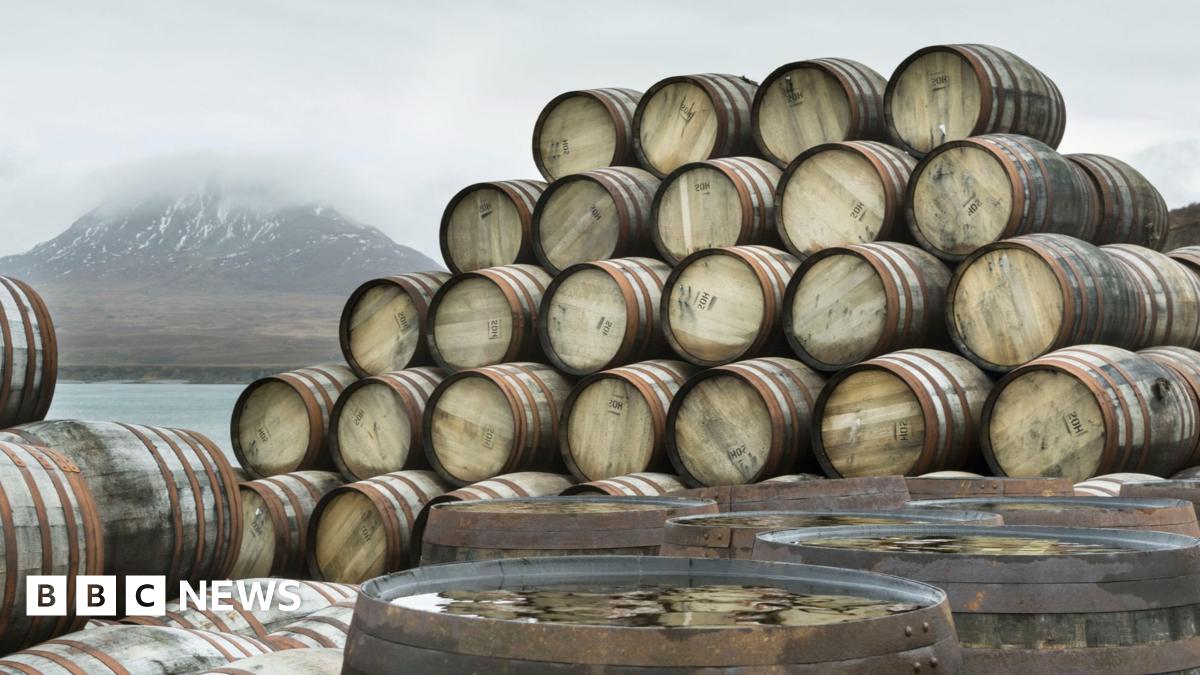- The Whisky Road
- Posts
- How do Trumps Tariffs Effect the Scotch Whisky Industry?
How do Trumps Tariffs Effect the Scotch Whisky Industry?
The Daily Newsletter for Intellectually Curious Readers
Image not found
Join over 4 million Americans who start their day with 1440 – your daily digest for unbiased, fact-centric news. From politics to sports, we cover it all by analyzing over 100 sources. Our concise, 5-minute read lands in your inbox each morning at no cost. Experience news without the noise; let 1440 help you make up your own mind. Sign up now and invite your friends and family to be part of the informed.
US President Donald Trump has unveiled the UK will be subject to a 10% tariff on exports to America. This move, part of a broader trade policy has sparked concerns across the sector.
The Scotch whisky industry, is a cornerstone of Scotland's economy valued at £7.1 Billion. The US is the largest whisky export market valued at £971 million per year. About 14% of its total value.
The new tariff will increase costs for American importers, potentially reducing demand for Scotch whisky. This could lead to a decline in sales and profit margins for producers, particularly smaller, independent distilleries that rely heavily on the U.S. market.
Previously in 2019 Trump put a 25% levy on Scotch. It was estimated that over the 18 months they were in place it cost £600 million in sales. The current tariff, though lower, adds to the cumulative strain on the industry, which is still recovering from past setbacks and navigating broader economic pressures.
Industry leaders have expressed disappointment and concern. The Scotch Whisky Association (SWA) has called for continued efforts by the UK government to negotiate a resolution with the U.S. administration.
While the tariff poses immediate challenges, it also underscores the resilience and adaptability of the Scotch whisky industry. Producers are exploring alternative markets and strategies to mitigate the impact. However, the long-term health of the sector will depend on the resolution of trade tensions and the establishment of stable, mutually beneficial agreements.
In the face of these challenges, the Scotch whisky industry remains a symbol of Scotland's cultural and economic identity. Its ability to weather this storm will not only shape its future but also reflect the broader dynamics of international trade and diplomacy.
From a BBC interview with Anthony Wills of Kilchoman. Anthony stated the US represents 10% of their sales. When the previous tariffs were put in place costs were split with the US importer, however, the price for the consumer increased which had a disruptive effect on sales. Source:


